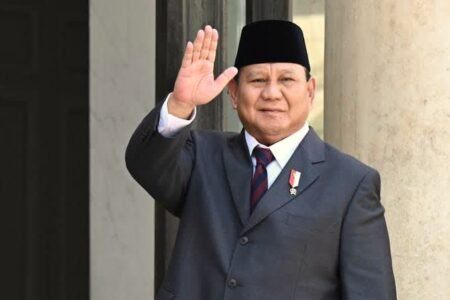The European Commission has proposed to ban the use of phosphates and to limit the content of other phosphorous containing compounds in laundry detergents. The draft Regulation aims to reduce the phosphates found in waste water and to improve water quality. The draft Regulation does not affect detergents for automatic dishwashers or those used by professionals as technically and economically feasible alternatives are not yet available throughout the EU. However, Member States can regulate the phosphate content of these detergents in specific circumstances.
Advertisement
Eutrophication of European waters
When excessively discharged into water, phosphates, like nitrates, can raise the amount of nutrients to an unsustainable level, eventually causing algae to grow at the expense of other aquatic life. This phenomenon is known as ‘eutrophication’ or, more commonly, ‘red tides’ or ‘green tides’. The main sources of discharge of phosphates into surface waters are agriculture and sewage with detergents coming in third position.
Phosphates are primarily used in detergents to ensure efficient cleaning in hard water. Phosphates originating from detergents and discharged into waste water have to be removed through costly chemical or biological processes at waste water treatment plants. Not all treatment plants in the EU are equipped with the necessary technology to carry this out.
A European problem
The draft Regulation aims at harmonising measures across EU Member States. It is in the interest of the European Union and of its neighbouring countries that EU water quality is as high as possible and that eutrophication is avoided. Some EU Member States already have national restrictions in place with divergent limit values while others rely on the voluntary action of detergent manufacturers. In some regions measures taken by individual countries are not sufficient to maintain water quality at acceptable levels. This is the case of the Danube River and the Baltic Sea, estimated to have 16% and 24% respectively of their phosphates load stemming from detergents.
Cost-efficient alternatives to phosphates are available for laundry detergents. For automatic dishwasher detergents or professional detergents more research and innovation is still needed to develop adequate alternatives to phosphates without reducing the efficacy of detergents. This represents an opportunity for industry.
Phosphates and other phosphorous compounds to be limited by 2013
Some alternatives to phosphates also contain phosphorous, albeit in a different chemical form, which can potentially create environmental problems when used in higher concentrations. Consequently, the Regulation proposes a phosphorous content limit of 0.5 % of the total weight of the product in all laundry detergents on the EU market. This will apply as of 1st of January 2013, to allow detergent manufacturers to minimise the costs of modifying the composition of laundry detergents in a normal product life cycle.
The proposal foresees the need to re-assess the situation regarding automatic dishwasher detergents by 31 December 2014.
The proposal would benefit not only waste water treatment plants, with reduced costs for phosphate removal, but also consumers who pay for waste water treatment, and ultimately the environment.
Background
According to Article 16 of Regulation (EC) No 648/2004 on detergents, the European Commission had to submit a report on the use of phosphates in detergents and to present, where justified, a legislative proposal with the view of their gradual phase-out or restriction to certain applications. On the basis of the report issued in 2007 [COM(2007) 234], complemented by a detailed analysis of various possible options for changes, it has been concluded that a European limit of phosphates and others phosphorous compounds in household laundry detergent will reduce the contribution of phosphates from detergents to eutrophication in EU waters and will reduce the cost of phosphorous removal in waste water treatment plants. Imposing such a limit in other types of detergents such as dishwasher detergents or professional detergents was identified as premature due to the lack of technically and economically viable alternatives.
Commission Report on phosphates in detergents
Further information on detergents
Source: European Commission





